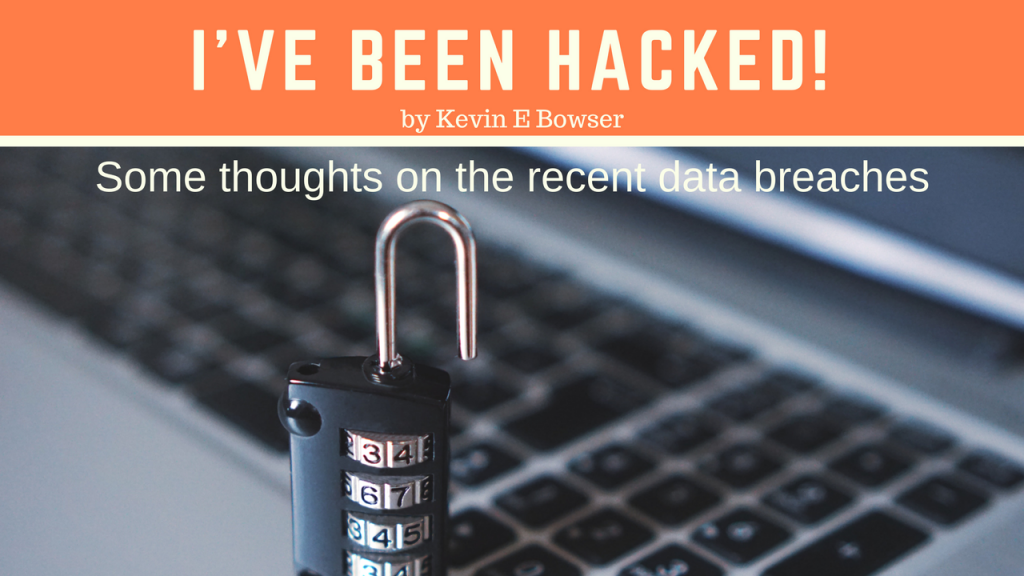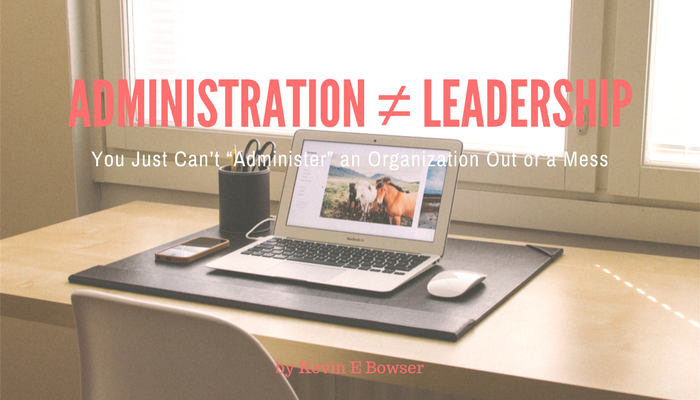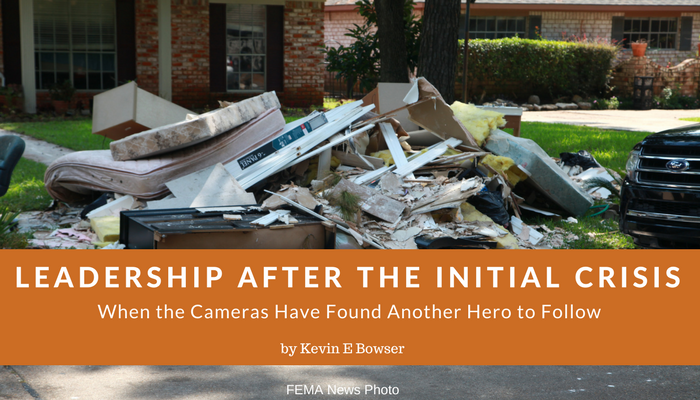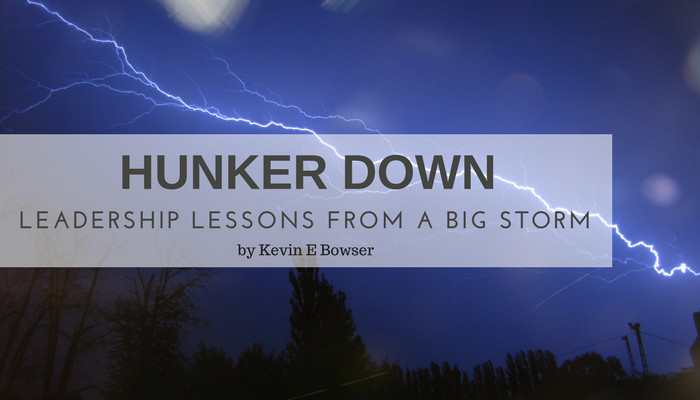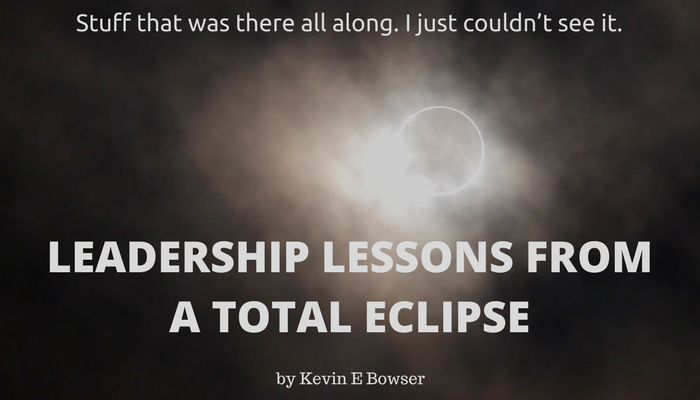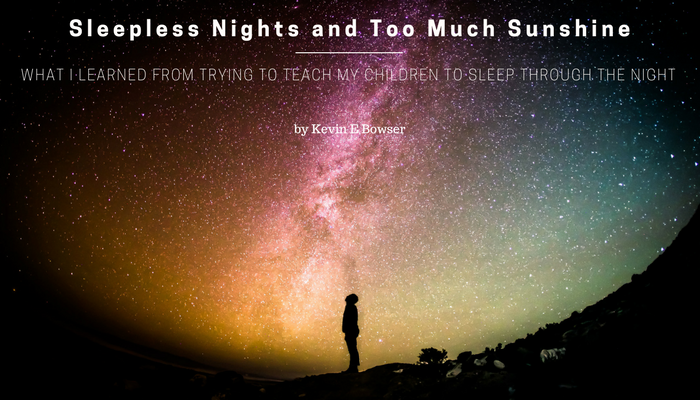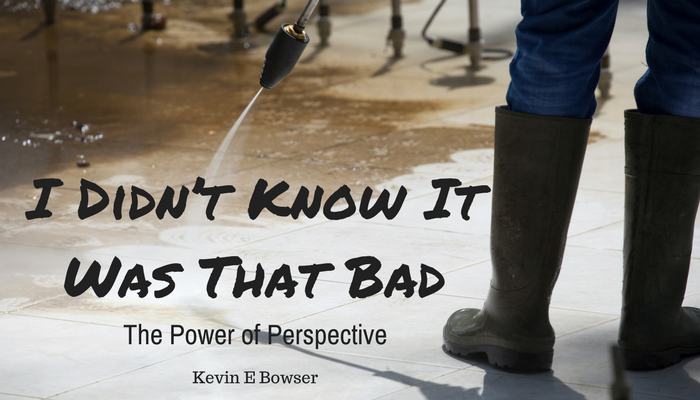How many of you remember growing up and playing on the playground? What did you say when someone said something mean or hurtful to you? Maybe you said what many children have said when you repeated a little saying.
“Sticks and stones may break my bones, but words will never hurt me.”
Oh, how I wish that were true. As we have gotten older, we have realized that words hurt more than the sticks and the stones. In fact, I heard a person say one time that “it is not what you think about me or even say about me that hurts me. It is what I think about what you think about me or say about me that hurts me.” What they are saying is that it is my perception about something that drives my behaviors.
What does this have to do with leadership?
I am working on some “appendix material” for my upcoming book. And I am working on a leadership development resource for 1-on-1 mentoring. I am working on the issue of self-awareness or self-perception. My focus for that section is on how we perceive ourselves, how others perceive us, and how we perceive that others perceive us. This can almost become a carnival house of mirrors scenario where that loop can become almost infinite. So, let’s not go that far.
Psychologists often use words like self-perception, other perception, and meta-perception. They indicate that we can be good or bad at each the of perception. I love alliteration. It helps me cement a concept in my mind. So, I am modifying their words to help me get a better grip on them and their leadership implications. So, I will use Self-Perception, Social-Perception, and Circular-Perception.
Self-Perception is simply a matter of how you see yourself. Our role as leadership mentors is to help our protégés to help them really see themselves as they are. And not just as they perceive themselves or even as others perceive them to be. Let’s face it. Very few of us are “black belts” at self-awareness. mentors must never come across as having become too much of an expert in this regard.
Click here to read the rest of the article »



